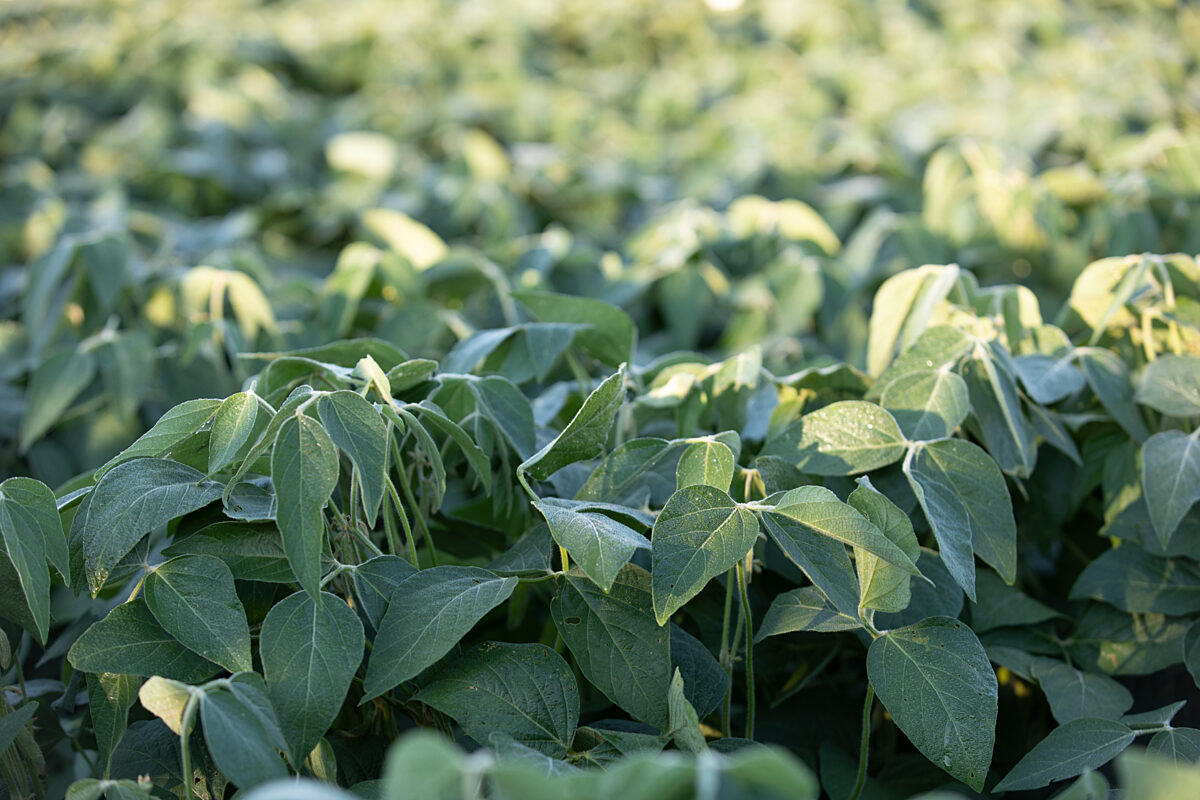Virginia Farmer Goes Three Rounds With NRCS Before Agency Abides by Judge’s Decision
TOPICS
Conservation ComplianceErin Anthony
Director, Communications

photo credit: AFBF Photo, Philip Gerlach
Erin Anthony
Director, Communications

Before Virginia farmer Charles Hood bought 30 acres of land close to where he grew peanuts, corn, cotton and soybeans, he brought a retired Natural Resources Conservation Service soil scientist out to walk the property. With a thumbs-up from the soil scientist, Hood bought the property and consulted with NRCS to make sure the changes he was planning to make to the land, which had previously been harvested for timber and had ditches on three sides, were okay.
After NRCS gave him the go-ahead, Hood began rehabilitating the property, eventually enrolling part of it in the Environmental Quality Incentives Program. In compliance with EQIP rules, Hood planted part of the acreage enrolled in the program to soybeans. In 2014 and 2015, Hood was very pleased with the crops he harvested on the land he had worked so hard to put into agricultural production.
“I felt like I was on top of the world. I'd gotten 40 bushels of soybeans per acre on the cropland, so I had improved the land so much that it was productive,” Hood said.
Confident he had done everything by the book, Hood was unfazed when USDA notified him in 2016 they were sending someone to do a National Wetlands Inventory check. Not long after that spot check, however, Hood received a letter that said he was illegally farming a wetland, sending him from the top of the world to rock bottom.
As a result of the so-called wetlands violation, NRCS expected Hood to return tens of thousands of dollars USDA had paid him through EQIP and other farm programs. Hood unsuccessfully appealed the wetlands farming declaration with the NRCS county committee and then the state committee, ultimately winding up in the National Appeals Division in 2017.
“We beat them in NAD once, twice and then we had to go a third time. We've basically been three times against the government, and they've lost every time, but they've still tried to come back,” Hood said.
Hood, who hired an attorney, was flabbergasted that the government could keep coming at him like they did. As he described it, every time NRCS lost, the agency would go back to his farm to try to plug some more of the holes in their case for another try with the NAD.
Finally, in September 2018, NRCS accepted the NAD judge’s ruling, sending a letter to Hood declaring the non-wetlands determination. But it’s far from over for Hood, who could not farm for close to three years while he went round after round with NRCS.
“To this day, we're still trying to get the attorney's fees and to recoup all the losses that came with not being able to farm my land or receive farm program benefits,” he said.
Beyond the money, Hood said the stress of the situation brought him lower than he’s ever been.
“It's been tough, probably the toughest years of my life, battling through this. I wouldn't wish it on my worst enemy. I keep hearing that USDA is taking these problems seriously, but, in reality, they are doing nothing to address the decades-old problems or to enact safeguards to prevent other farmers from having problems like I had to face with this program,” he said.
Top Issues
VIEW ALL